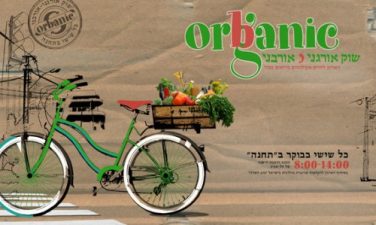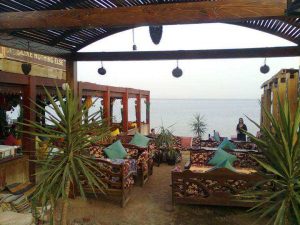 The recent protests held across the Middle East demanding better and greener transport got me thinking about how we encourage the oldest form of transport- walking
The recent protests held across the Middle East demanding better and greener transport got me thinking about how we encourage the oldest form of transport- walking
After the heat of the day fades, the streets of Middle East which are normally brimming with road-raged taxi drivers give way to the gentle patter of newly-wed couples strolling hand in hand and families taking a walk.
Walking is not a lost art like some would like to suggest but it could definitely do with some encouragement in the region. Whilst there isn’t much that can be done about the heat that puts off lots of people, there could be a stronger push for better facilities which encourage the healthy and relaxing pastime of walking. And how do you make the streets more accessible to walkers? Well, for a start you provide sidewalks where people can – you know – walk and secondly, you give them place to sit and rest after their walk.
I remember the first time I took a night-time stroll through the streets of Amman in Jordan I was genuinely surprised. There were just so many people and, well after midnight, the streets had a completely different atmosphere to the one you normally find in European cities where party-goers mix with the homeless. Stalls filled the streets and families were busy buying shawerma, falafel and ice cream and enjoying themselves- it seemed like the city had come alive.
Lack Of Safe Sidewalks Discourage Walking
I was overjoying thinking that Jordanians really ‘got’ walking but come daytime and it was a completely different story. My cousins refused to walk anywhere which took longer than 10 minutes and when I suggested a half hour walk between our neighbourhoods they refused point-blank. When I decided to go with my sister anyway, I realised why they were so reticent: there were literally no sidewalks.
We had to duck and dive on the streets along with taxis and at one point we had to cross a very dangerous four-lane road as we kept searching for a pedestrian crossing which never materalised. Putting these two experiences together made me realise that whilst the heat may be putting off some people, the lack of facilities is another major factor behind why the Middle East isn’t walking.
Walking is Good for Health and Tourism
In my personal view, the high rate of traffic death in some countries in the Middle East has to be down to the lack of proper sidewalks. In Jordan, I saw lots of pedestrians taking risks to cross roads (I was one of them) as there were literally no other options. So not only would better walking facilities be good for the environment as the ultimate green means of transport, it would also be better for the safety and health of pedestrians. Some countries such as Jordan and Iran have already realised this and have recently launched projects encouraging pedestrian walkways and benches.
The potential for tourism also hasn’t gone unnoticed. Karen Chernick wrote about the real potential to expand walking tourism in the Middle East and even noted that there is already a tourism company in Beirut devoted to walking tours, and various areas of Israel offer walking tours as well. Let’s hope the the green argument for encouraging walking along with the economic and health benefits mean that in the future, the Middle East will be a lot more feet-friendly
: Image via kamshot/flickr.
For more on walking in the Middle East see:
Rediscovering Cities Via The Oldest Form of Eco-Tourism: Walking
Why 60 percent of Iranians Are Overweight
A Miserable Walk Through Amman
Only 1 in 25 Emiratis Use The Legs To Walk
Middle East Joins Campaign For Greener Transport (Photos)


